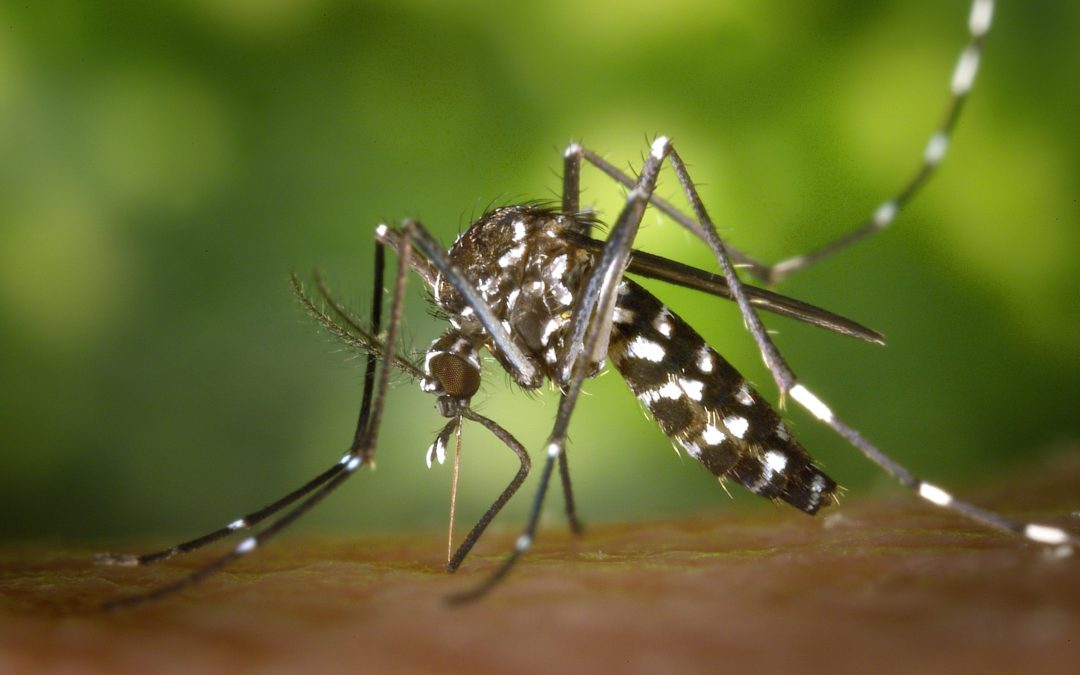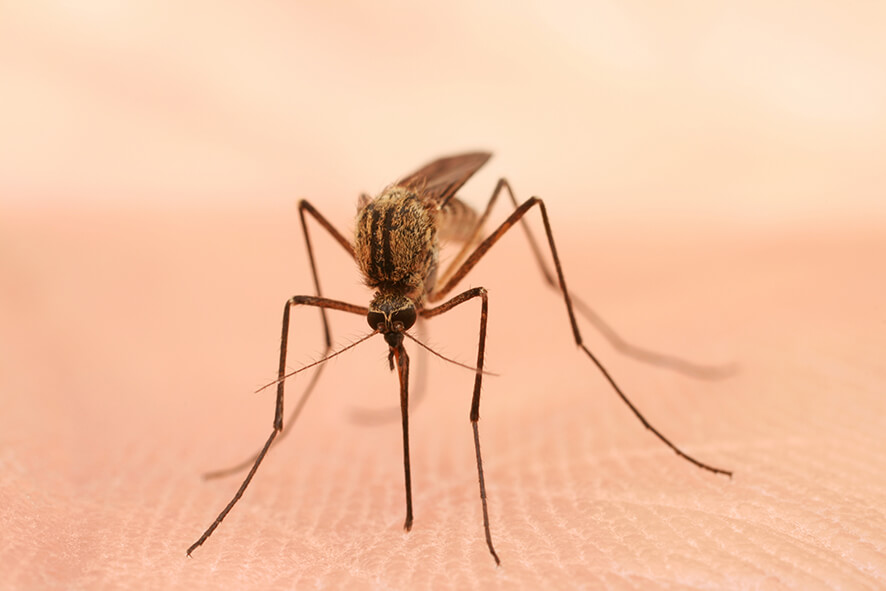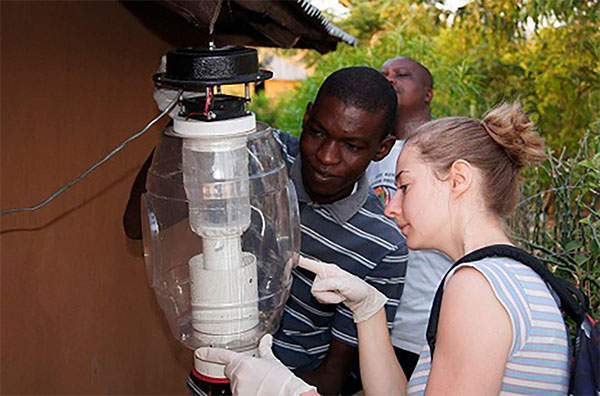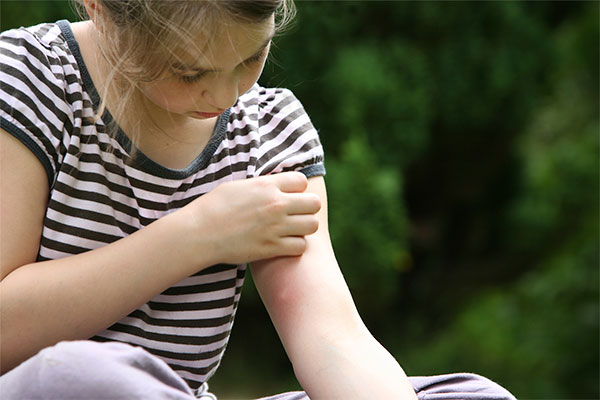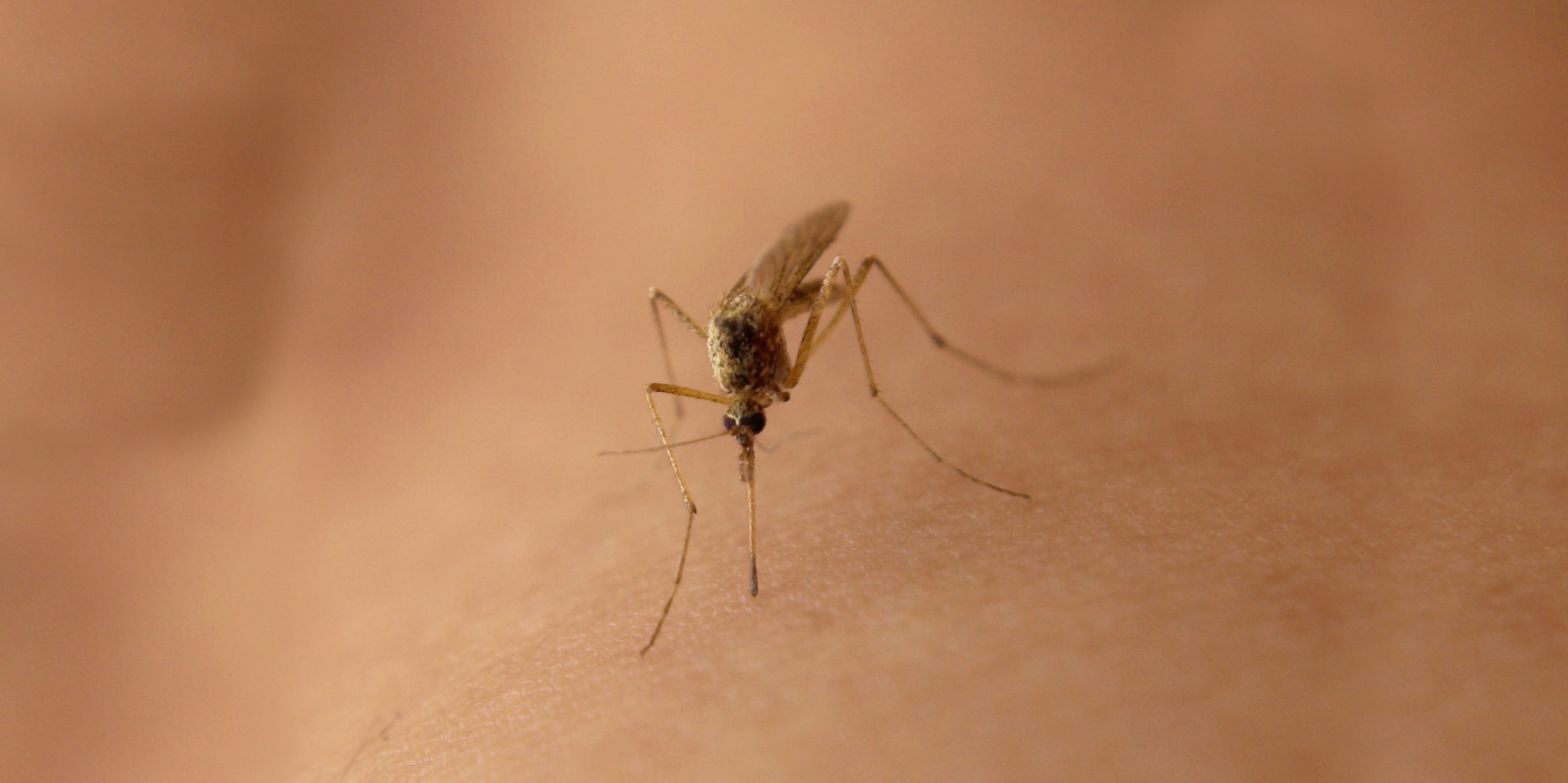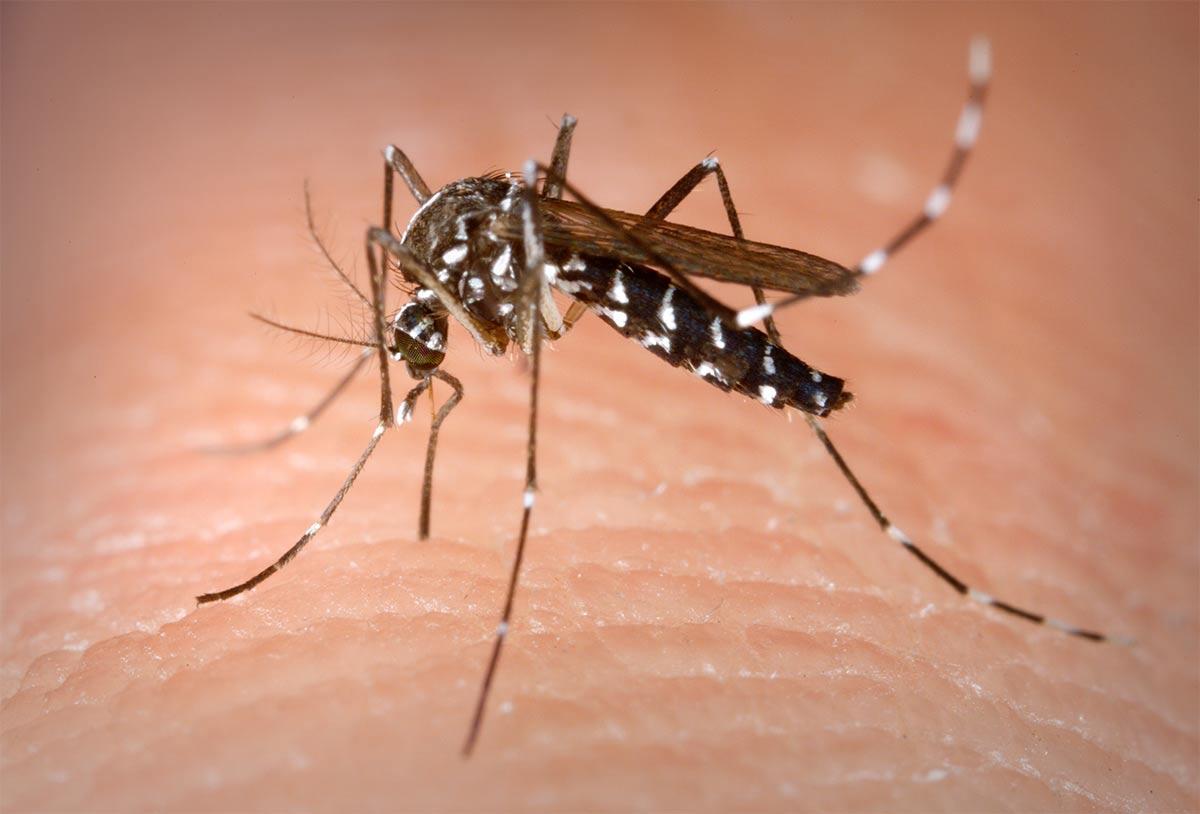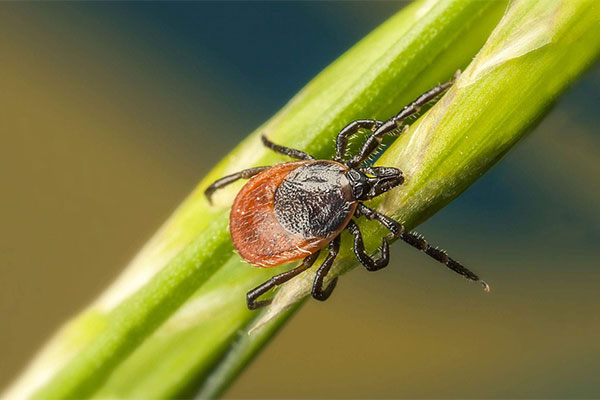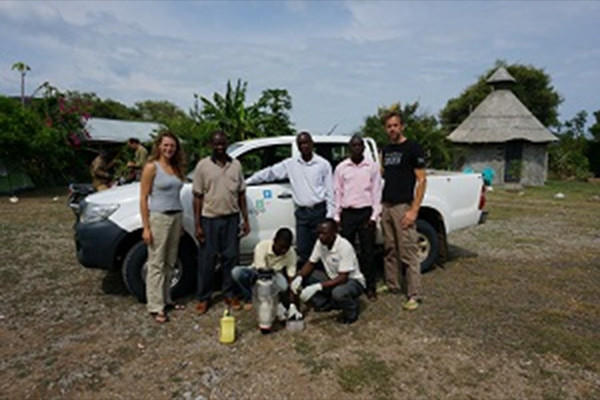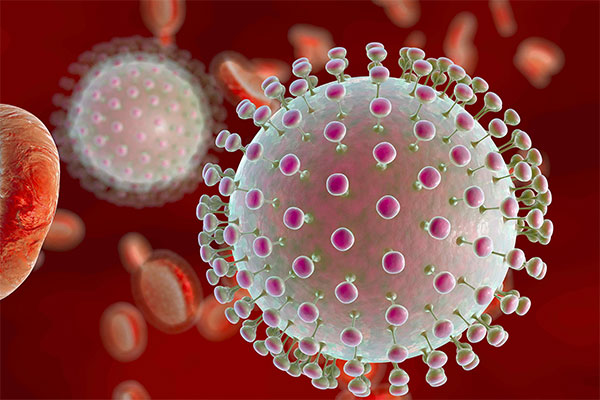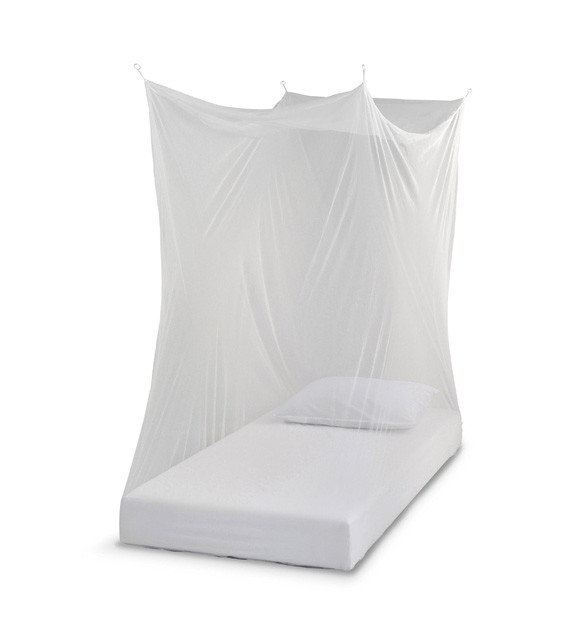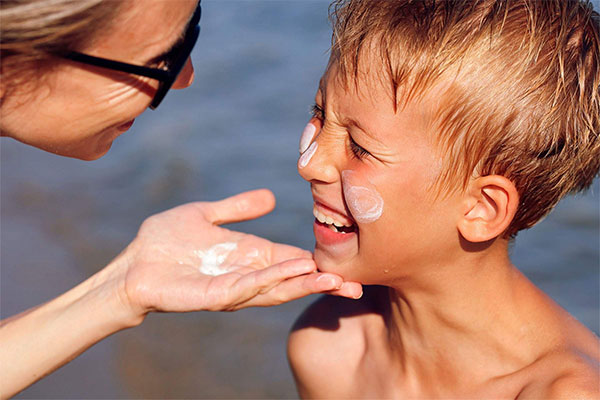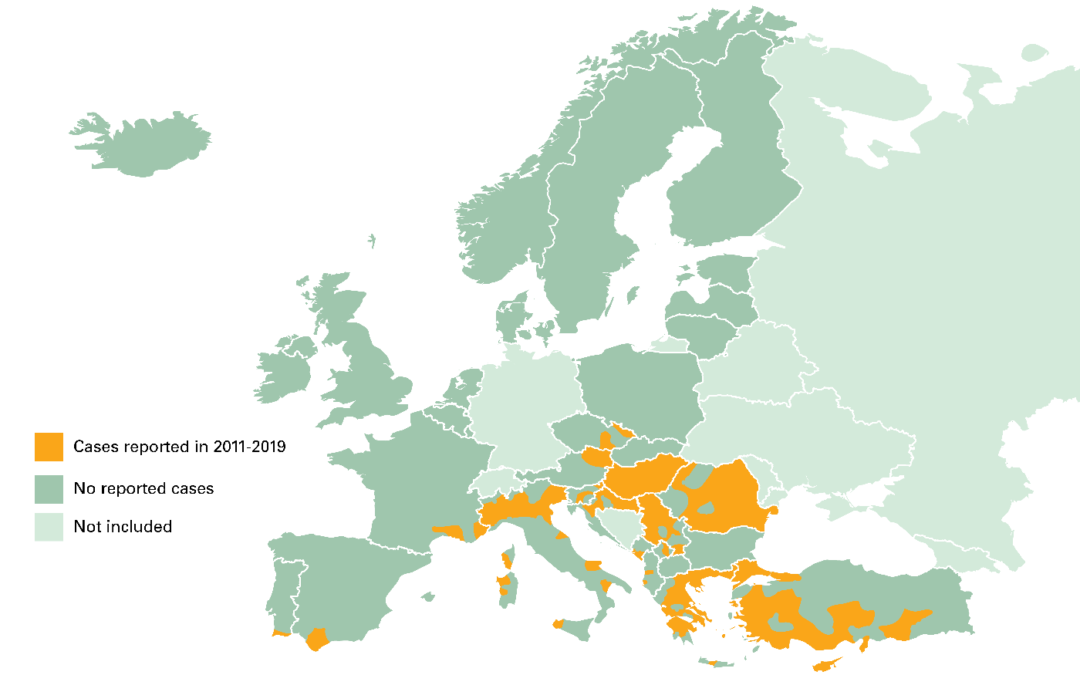
Tourists in Greece warned of mosquitoes with West Nile virus
The Greek Ministry of Health warns holidaymakers about mosquitoes that can transmit the West Nile virus. The virus can make you very sick and in some cases can even be fatal. Last year 316 people were infected in Greece, 50 people died from this. Take appropriate precautions against the (infected) mosquito.
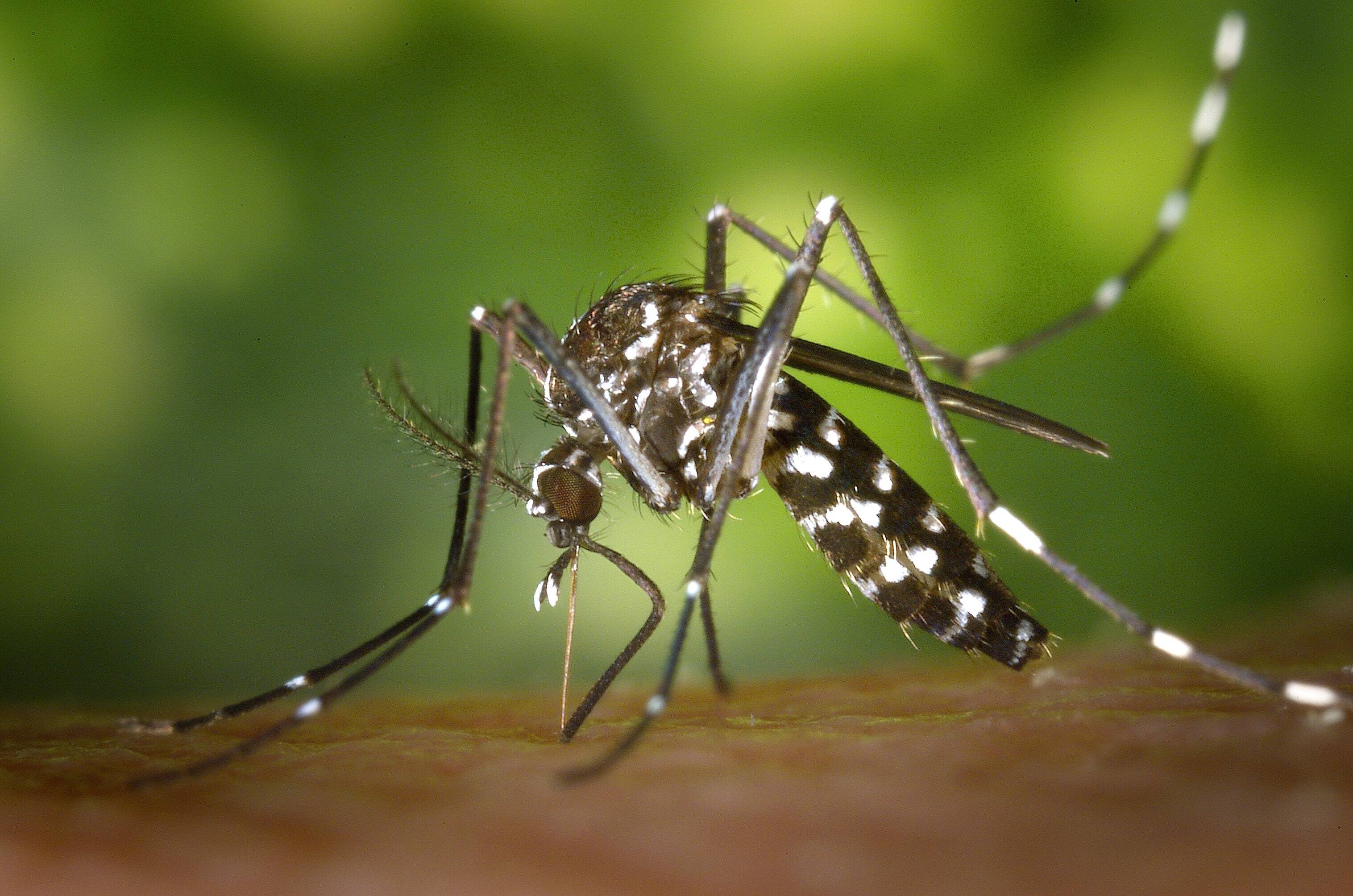
Asian tiger mosquito (Aedes albopictus)
West Nile virus
West Nile virus is a virus that causes West Nile disease. The disease is transmitted by infected mosquitoes, including the West European domestic mosquito and tiger mosquito. The disease mainly causes flu-like symptoms such as fever, headache, muscle ache, skin rashes and enlarged lymph nodes. In some cases the disease can lead to meningitis and can be fatal in worst cases.
Last year in Greece 316 people were infected, 50 people died from this. What are the chances the virus will strike again this year? Sander Koenraadt, assistant professor of entomology and mosquito expert at Wageningen University, explains to the NOS: “The development of the virus in such a mosquito depends on the weather and the temperature. The warmer it gets, the faster the virus develops in such a mosquito. The more mosquitoes there are, the greater the chances you will be stung”.
Especially people over 50 have a higher risk of the serious symptoms of this disease. The symptoms develop 3 to 14 days after the infection and unfortunately there is no effective treatment. There is also no vaccine against this virus. So, it’s important to take the right precautions.
West Nile virus in Europe
The mosquito that can transmit the virus also occurs in the UK, but there is little chance that this mosquito actually carries the virus here. In the UK, the average temperature in the summer is 11 degrees. The virus needs about 2 weeks to develop and it does this particularly at warm temperatures.
“We studied the development of West Nile virus in the laboratory. At 18 degrees hardly anything happens, but at 23 and 28 degrees it does. At higher temperatures several dozen percent of mosquitoes get infected,” Koenraadt explains.
The virus has already been detected in other parts of Europe. On the map you can see in which countries the West Nile virus has occurred in the past 9 years.
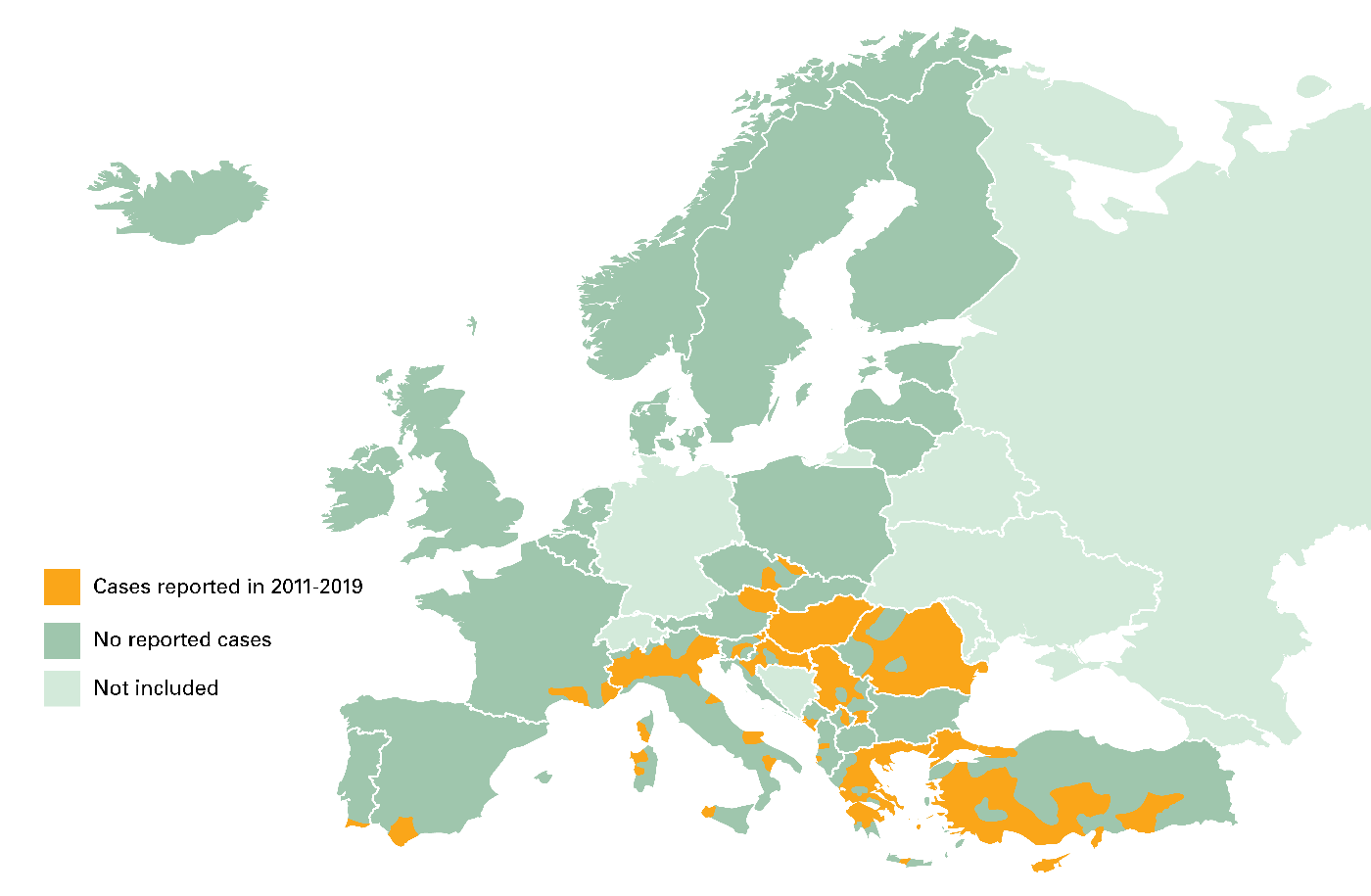
“The question is not whether the West Nile virus is coming our way, but when! I cannot emphasise enough that this is not a reason to (anxiously) stay indoors. You can take plenty of precautions to have fewer mosquitoes in your immediate environment and to prevent from getting bitten.”
Protection
As there is no vaccine or effective treatment for the West Nile virus, it is important to take precautions. Fortunately, there are plenty of ways to reduce the chance of a bite from an (infected) mosquito. Here are a few preventive tips:
- Wear light-coloured, finely woven clothing
- Cover up your skin with clothing
- Remove and avoid places with stagnant water
- Sleep under a good quality mosquito net
- Apply Anti-Insect DEET or Anti-Insect Natural to your skin
Bitten by a mosquito? Unfortunately, there is no treatment for the disease. There are several measures that you can take to relieve the itch. With the Click-Away Bite Relief you can reduce itching and swelling within minutes. And with a soothing gel you can relieve pain and itching and cool irritated skin.
We always recommend consulting a doctor if symptoms of the virus occur.
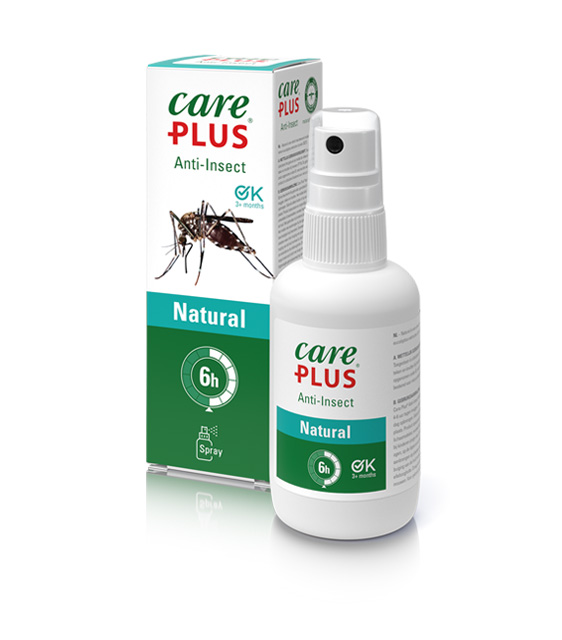
Anti-Insect Natural
Based on natural lemon-eucalyptus extracts and does not contain DEET. Natural can be used on children from 3 months and protects against mosquitoes and ticks for up to 6 hours.
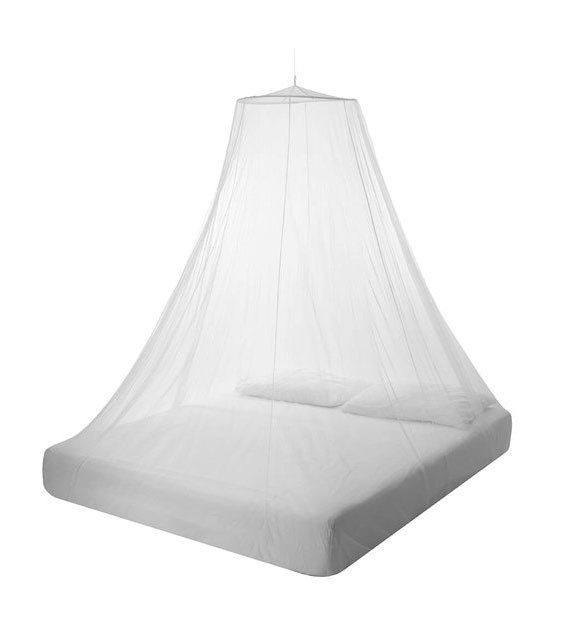
Mosquito Net
With a mosquito net you keep mosquitoes, insects and other bugs away so you can enjoy an undisturbed night’s sleep. While traveling and at home!
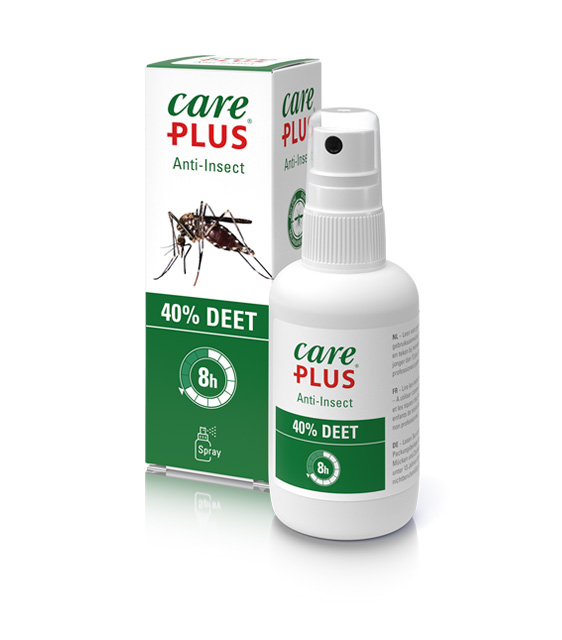
Anti-Insect DEET
DEET is an active substance that is most effective against (tropical) mosquitoes and ticks. Apply it to uncovered skin. The percentage determines the duration of action.

